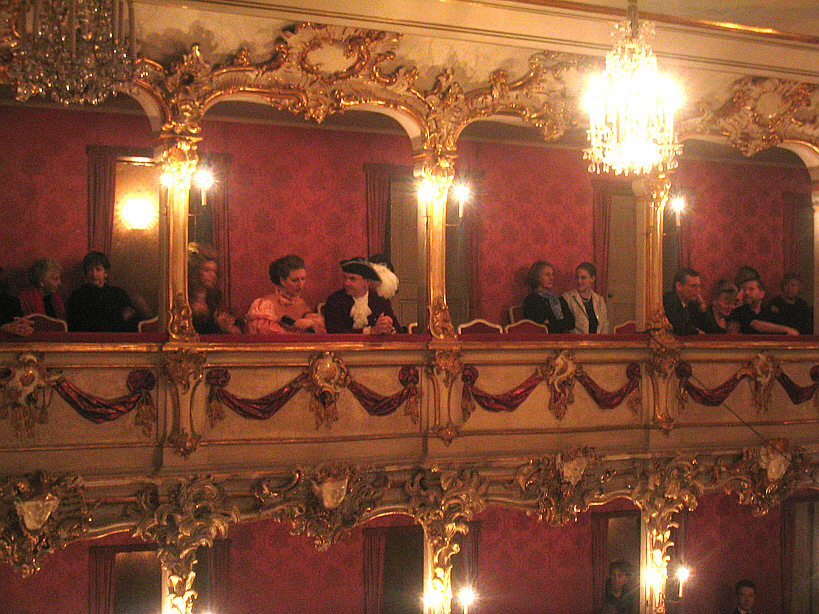First on her list was Jewish-Americans, her husband's culture. Although the most successful, organized, and influential demographic in the United States and the world; the average IQ of Israel is 95. 95 to 105 is considered the range of "average" in the United States. It's fairly high for an average IQ. The Jewish people--racially speaking--are from a wide array of ethnically dissimilar peoples who cluster as a culture/religion. For example, some are merely Arabs who converted to Judaism many centuries ago... or Asians, Europeans, etc.
Second on her list are Indian-Americans, whom share many of the same pragmatic traits as far east Asians, and of which some seem to do very well on spelling bees. The average IQ of India is a mere 82.... a lower average IQ than African-Americans.
Third are Chinese-Americans, the author's ethnicity, whom are most often extremely clan and culture oriented with a seemingly undistracted and pragmatic approach to life. The average IQ of China is 100. Hong Kong had shown a higher number when it was a separate state.
Fourth are Iranian-Americans, many of which reflect the more successful element within Iranian society under the Shah. The average IQ of Iran is 84, although it's very likely that a study on specifically the Persian demographic in Iran would produce a higher number.
 Number five are Lebanese-Americans, a historically successful demographic group. The average IQ of Lebanon is 82. However there seems to be a strong ethno-cultural split between Lebanese Christians (Phoencian-descended), whom have long emigrated to the U.S., and Lebanese Muslims (Arabs) who apparently were relative newcomers to Lebanon.
Number five are Lebanese-Americans, a historically successful demographic group. The average IQ of Lebanon is 82. However there seems to be a strong ethno-cultural split between Lebanese Christians (Phoencian-descended), whom have long emigrated to the U.S., and Lebanese Muslims (Arabs) who apparently were relative newcomers to Lebanon.Number six are Nigerian-Americans who reflect the American-educated element from Nigeria... which itself has an average IQ of 84.
Number seven are Cuban-Americans. Since the migrating element is largely made up of those of Spanish descent (Amerindians disappeared from disease centuries ago), it might be said that this group is similar or the same as a population from Spain. Cuba's average IQ would be non-applicable since much of the population of Cuba does not necessarily reflect the collective "Cuban-Americans."
Last on the list are American Mormons. Since the Mormons of Utah and parts of other surrounding states are generally thought of as being of English descent, this demographic may be similar or the same as a root stock population from the UK.
The author cleverly threw bones to what she perceived as "1 white group" and "1 black group," despite an undercurrent of hostility towards those two demographics. My conclusion is that these demographics are successful due to their pragmatism and ability to organize and work together; and not due to high IQ's or the number of geniuses or inventors. Perhaps those with the real "smarts" are the ones who realize that evolutionary struggle actually applies to them?
National IQ Scores - Country Rankings
.









